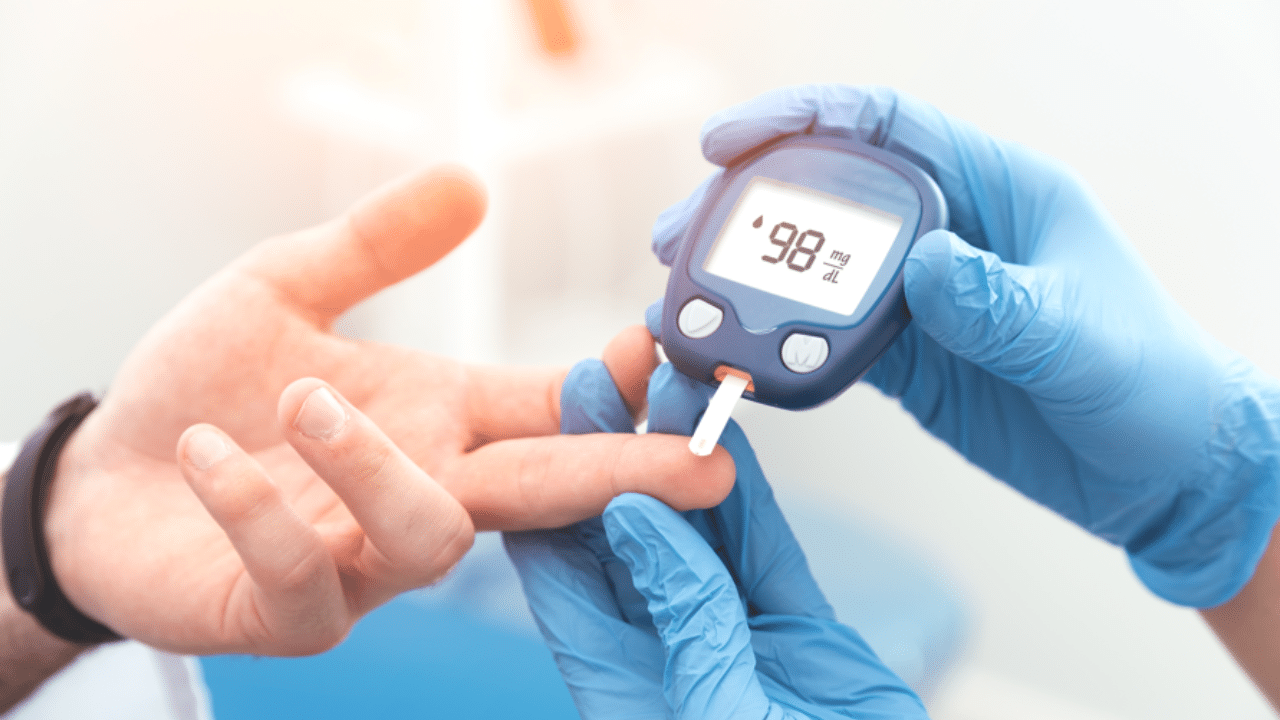Manter os níveis de glicose no sangue dentro de limites saudáveis é crucial, especialmente para aqueles que têm diabetes ou estão em risco de desenvolver a condição. Níveis elevados de glicose no sangue podem levar a várias complicações de saúde, incluindo doenças cardiovasculares, danos aos nervos e problemas de visão. Felizmente, existem várias estratégias eficazes que podem ajudar a controlar e reduzir a glicose no sangue naturalmente. Este artigo explora algumas dessas estratégias, proporcionando dicas úteis para quem busca um controle melhor da glicose.
1. Ajuste Sua Dieta
Uma das maneiras mais eficazes de controlar o nível de glicose no sangue é através da dieta:
- Escolha carboidratos complexos: Substitua carboidratos simples, como pão branco e massas, por suas versões integrais. Carboidratos complexos têm um índice glicêmico mais baixo e são digeridos mais lentamente, o que ajuda a manter os níveis de glicose estáveis.
- Incremente as fibras na alimentação: Alimentos ricos em fibras, como legumes, frutas, nozes e grãos integrais, podem ajudar a retardar a absorção de açúcar. Isso é crucial para evitar picos de glicose após as refeições.
- Controle o tamanho das porções: Comer porções moderadas pode ajudar a controlar a ingestão calórica e manter os níveis de glicose no sangue estáveis.
2. Mantenha-se Ativo
A atividade física regular é outro pilar fundamental no controle da glicose no sangue:
- Exercite-se regularmente: A atividade física ajuda o corpo a usar o açúcar no sangue como energia, reduzindo os níveis de glicose. Recomenda-se pelo menos 150 minutos de atividade moderada, como caminhada rápida, ciclismo ou natação, por semana.
- Inclua treinamento de força: Exercícios de resistência, como musculação, também podem melhorar a capacidade do corpo de regular a glicose e aumentar a sensibilidade à insulina.
3. Monitore Seus Níveis de Glicose
Manter um registro dos níveis de glicose pode ajudá-lo a entender como diferentes alimentos e atividades afetam sua glicemia:
- Use um monitor de glicose: Fazer testes regulares de glicose no sangue pode ajudar você e seu médico a fazer ajustes necessários em sua dieta, exercícios e medicamentos.
4. Gerencie o Estresse
O estresse pode afetar negativamente os níveis de glicose no sangue:
- Pratique técnicas de relaxamento: Yoga, meditação e técnicas de respiração profunda podem reduzir o estresse e ajudar a manter os níveis de glicose sob controle.
5. Durma Bem
A falta de sono adequado pode afetar a maneira como o corpo processa a glicose:
- Mantenha uma rotina regular de sono: Aspire a ter 7-8 horas de sono de qualidade todas as noites para ajudar a regular os níveis de açúcar no sangue.
6. Hidrate-se Adequadamente
A hidratação adequada é vital para manter os níveis de glicose:
- Beba bastante água: A água ajuda a remover o excesso de glicose através da urina e ajuda a manter os rins saudáveis.
7. Limite o Consumo de Álcool
O álcool pode ter um impacto significativo nos níveis de glicose:
- Beba com moderação: O álcool pode causar tanto aumento quanto queda nos níveis de glicose, então, se você beber, faça-o com moderação e sempre com alimentos.
8. Considere Suplementos, se Necessário
Alguns suplementos podem ajudar no controle da glicose:
- Canela e berberina: Estudos mostram que esses suplementos podem ajudar a melhorar os níveis de glicose no sangue. No entanto, é importante discutir qualquer suplemento com seu médico antes de começar.
Conclusão
Controlar os níveis de glicose no sangue é uma parte essencial do manejo da diabetes e da prevenção de suas complicações. Adotar uma dieta adequada, manter-se ativo, monitorar os níveis de glicose, gerenciar o estresse e manter um estilo de vida saudável são todas estratégias que contribuem significativamente para este objetivo. Lembre-se sempre de trabalhar em conjunto com profissionais de saúde para ajustar essas estratégias às suas necessidades individuais.

